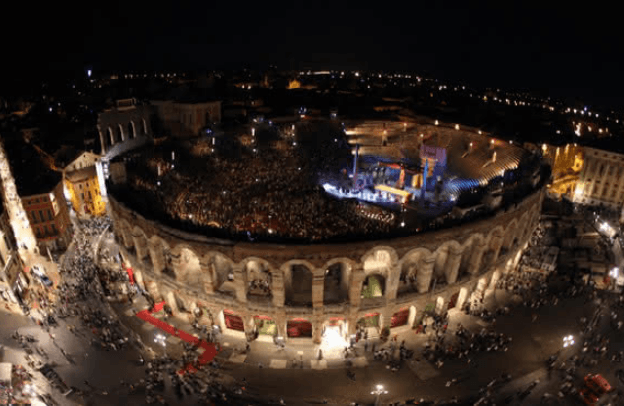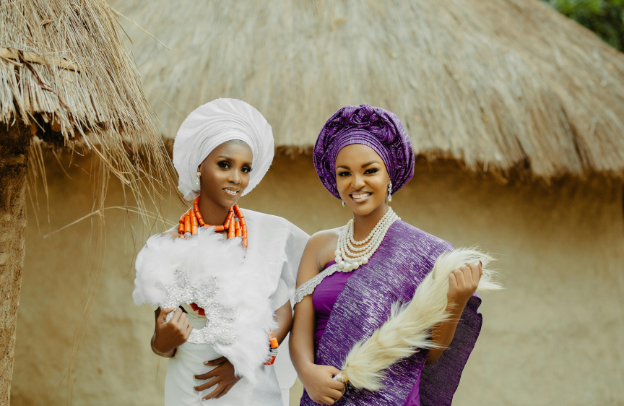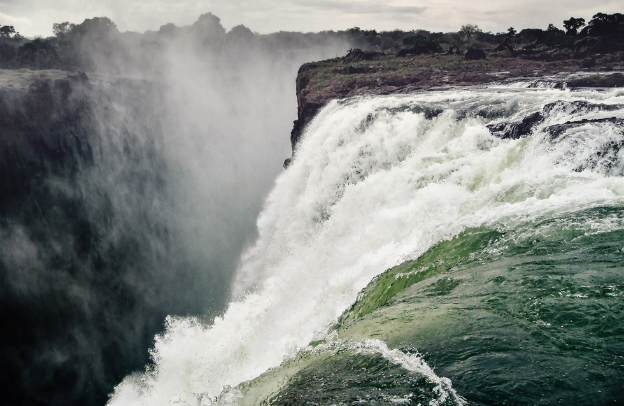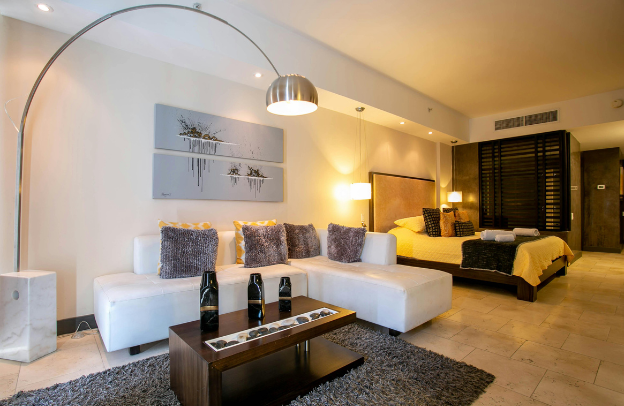First-Time at the Verona Opera Festival: A Guide to Music and History

Verona, renowned for its ancient architecture and the celebrated Opera Festival, offers a unique blend of music and history. Imagine standing under the stars, surrounded by the powerful melodies of Verdi and Puccini in the Arena di Verona, a Roman amphitheater nearly 2,000 years old. Attending the Verona Opera Festival goes beyond watching performances; it’s about experiencing a rich cultural narrative that spans generations.
For first-time visitors, the festival provides an engaging mix of cultural immersion and historical insight, alongside opportunities to connect with a diverse global community, especially those celebrating history and culture.
Historical Context of the Verona Opera Festival
The Verona Opera Festival began in 1913 with a performance of Giuseppe Verdi’s Aida, establishing an annual tradition that now attracts opera enthusiasts from around the world. Initially a tribute to Verdi’s legacy, the festival has grown into a prominent cultural event featuring over 50 performances each summer and drawing more than 100,000 attendees annually, showcasing both classical and contemporary works.
According to the Arena Foundation, “The current organizational structure is the result of the reform enshrined in Law Decree no. 134 of 1998 and by D.L. 134 of 1998, which transformed the opera houses into private-law Foundations, giving rise to the current Fondazione Arena di Verona, and sanctioned the possibility of entry to private partners.”
Architectural Significance
The Arena di Verona is not only the festival’s centerpiece but also a remarkable symbol of the city’s history. Constructed in 30 AD, this Roman amphitheater is celebrated for its acoustics. As a UNESCO World Heritage site, it exemplifies Verona’s cultural heritage and has inspired similar events in cities worldwide. Below are some of its impressive numbers according to the Arena Foundation:
| Category | Details |
| Years Since Construction | 1994 years (constructed in 30 A.D.) |
| Historical Context | Between the reign of Augustus and Claudius |
| Significance | The largest Roman amphitheater still in use |
| Total Opera Seasons | 101 seasons |
| Years Since First Festival | 111 years |
| Seating Capacity | 30,000 seats |
| Height | 31 meters |
| Dimensions | Oval shape: 140 x 100 meters |
| Average Workforce per Season | 1,421 people |
| Breakdown of Workforce | |
| – Singers | 144 |
| – Orchestra Professors | 144 |
| – Chorus Artistes | 162 |
| – Minor Chorus Artistes | 62 |
| – Repetiteurs | 14 |
| – Dancers | 62 |
| – Mimes and Acrobats | 64 |
| – Extras | 190 |
| – Child Extras | 55 |
| – Stage Managers | 5 |
| – Assistant Directors | 4 |
| – Stage Technicians | 80 |
| – Electricians | 24 |
| – Dressmakers/Wardrobe Assistants | 69 |
| – Costume Direction | 4 |
| – Make-up Artists/Hairdressers | 23 |
| – Costumes | 4,500 |
| – Hours of Make-up | 325 hours |
| – Set Construction Workers | 34 |
| – Maintenance Technicians | 10 |
| – Instrument Holders | 12 |
| – Theatre Masks | 200 |
| – Backstage Masks | 48 |
| – Administrative Employees | 85 |
| Average Evenings per Season | 50 |
| Total Spectators per Season | Over 400,000 |
Cultural Significance of the Festival
The Verona Opera Festival holds significant cultural importance as a celebration of Italian heritage and artistry, showcasing a rich tradition of opera that connects local and international artists.
It fosters cultural exchange and collaboration, highlighting diverse narratives. By attracting a global audience, the festival not only preserves Italy’s operatic legacy but also enhances the cultural dialogue, creating a vibrant history of storytelling that resonates with attendees from various backgrounds.
The Verona Opera Festival serves as a platform for both local and international artists, fostering collaborations that reflect the diversity of operatic tradition.
Renowned artists like tenor Francesco Meli and soprano Maria José Siri have captivated audiences, highlighting how the festival connects them to their roots while sharing their stories with a global audience.
Influence on Global Opera
As a key destination for opera lovers, the Verona Opera Festival attracts a diverse audience, with nearly 30% of attendees coming from outside Italy. This international presence enriches the festival, allowing artists to share unique cultural narratives through music.
Talking of Global Opera and representation, it is important to note that there have been some controversies that are not exclusively a Verona problem at the larger European heritage of disrespecting African people. We will talk about that in another article, when we shall consider, for example, Soprano Angel Blue decided to pull out of the Opera performance in 2022.
The simple fact is that many European cultural operatives should be able to understand if what they project as culture is somehow denigrating other people and they must listen to the complaints and be able to address such complaints. Again, we will talk about that in another article.
Tourism Experience: What First-Time Visitors Can Expect
For first-time visitors, the Verona Opera Festival can be both exciting and overwhelming. Notable productions include Puccini’s La Bohème and Verdi’s Nabucco, both of which have received acclaim in previous festivals. To ensure you secure tickets, it’s best to book in advance via the official festival website.
Exploring Verona Beyond the Opera
Beyond the festival, Verona offers rich historical sites, including Juliet’s House, Castelvecchio Museum, and Piazza delle Erbe. Food enthusiasts will appreciate local specialties such as risotto all’Amarone. Consider joining a food tour to explore the culinary landscape alongside its historical context.
Practical Tips for Attending the Festival
When planning your trip, consider travel options early. Verona is accessible by train, bus, and air, with Verona Villafranca Airport being the closest international airport. Accommodations vary from luxury hotels to cozy bed-and-breakfasts, with options like Hotel Accademia and Grand Hotel Des Arts providing convenient access to festival events.
Dress Code and Etiquette
While the festival’s atmosphere is relatively relaxed, smart-casual or semi-formal attire is recommended. Comfortable shoes are essential, as you may explore the city. Arrive early to find your seat and remember to silence your phone during performances to maintain a respectful environment.
Conclusion
Attending the Verona Opera Festival for the first time offers a multifaceted experience that transcends entertainment. It invites you to participate in a rich narrative of music and history. As you sit beneath the stars in the Arena di Verona, the opera’s melodies will resonate, connecting you to a celebration of art, culture, and community that has thrived for centuries.
What is your story of your journey to Verona? Explore storytelling with Obehi Ewanfoh and discover how your experiences can contribute to the city’s vibrant narrative. Engage with Verona’s cultural history and add your voice to the global dialogue of the African diaspora community.





